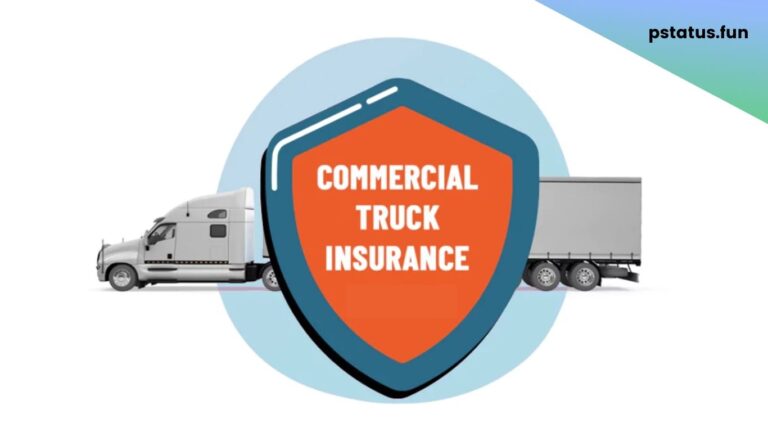Commercial Auto Insurance: A Comprehensive Guide
Commercial Auto Insurance
Commercial auto insurance is designed to protect businesses that use vehicles for work purposes. It covers a variety of vehicles, including trucks, vans, and cars, used by employees or business owners in the course of their business activities. This type of insurance helps protect businesses from financial loss due to accidents, theft, or damage that may occur while vehicles are being used for business operations.
Why is Commercial Auto Insurance Important?
Businesses that use vehicles face significant risks, especially if an accident occurs. Commercial auto insurance provides liability coverage, which helps cover costs like repairs, medical expenses, and legal fees that result from accidents. Without this coverage, businesses could be financially vulnerable in the event of an accident involving one of their vehicles. Additionally, it can protect your business from personal injury lawsuits and vehicle damage claims.
Types of Coverage Offered
- Liability Coverage: Covers injury or damage caused to others.
- Collision Coverage: Pays for vehicle repairs after a collision.
- Comprehensive Coverage: Covers non-collision events like theft or weather damage.
- Uninsured/Underinsured Motorist Coverage: Protects if the other driver lacks sufficient insurance.
- Medical Payments: Covers medical costs for you or employees after an accident.
Factors That Affect Commercial Auto Insurance Costs
The cost of commercial auto insurance varies depending on several factors. These include the type of vehicles you own, how they’re used, the number of vehicles in your fleet, and your driving record. Businesses with a history of accidents or high-risk vehicles, like heavy trucks, may face higher premiums. Additionally, the location of your business and how far vehicles typically travel can also impact the cost. The more risky the operation, the higher the premium.
How to Choose the Right Policy
Choosing the right commercial auto insurance policy requires assessing your business’s needs. Start by determining the types of vehicles you operate and the risks associated with your business activities. Consult with an insurance agent to understand the options available and ensure that your policy covers all the necessary risks. It’s also important to review the policy regularly and adjust it as your business grows or changes to ensure you’re adequately protected.
Conclusion
Commercial auto insurance protects businesses that use vehicles from accidents, theft, and damage. It’s essential for managing risks and ensuring financial stability. Whether you have one vehicle or a fleet, work with an agent to customize coverage that meets your needs.

